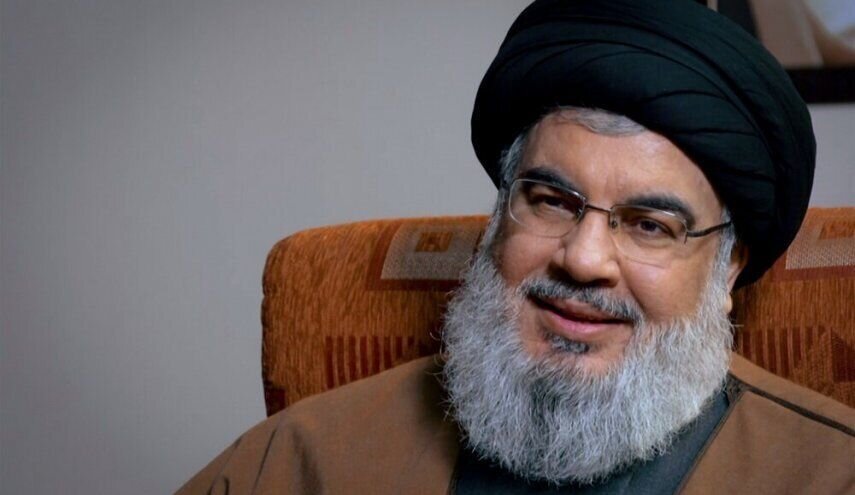Man of the Year

TEHRAN – With the Iranian New Year rolling around in a few days, the Tehran Times builds on its nascent tradition of introducing Man of the Year at the end of the current Iranian calendar year, which ends on March 20, 2022.
The Tehran Times’s 1400 Man of the Year is Seyed Hassan Nasrallah, the Secretary-General of the Lebanese Hezbollah. This year’s choice may seem a little bit unusual considering the relatively calm situation of Lebanon over the last 12 months. But beneath this apparent serenity lies the important leadership style Nasrallah exhibited in steering the resistance movement and Lebanon in general through multi-faceted crises.
Over the last 12 months, a new government was successfully formed in Lebanon with the active participation of the resistance factions. Perhaps, government formation was the biggest political event in Lebanon in 1400. It broke a year-long deadlock that was about to end up in chaos and disorder in the Mediterranean country. But with the leadership of Nasrallah, Lebanese factions successfully managed to agree on another consensual government at a time when the country was facing dire maladies on every level.
Ever since the 2020 destructive explosion that wreaked huge damage on the port of Beirut and the surrounding districts, the economic situation in Lebanon has been steadily deteriorating, with the country’s lira currency significantly losing much of its value against the U.S. dollar. Many gas stations and power stations ran out of fuel needed to power Lebanese cars and light homes.
The explosion led to a political vacuum in Lebanon after Hassan Diab, who assumed premiership in late 2019 by virtue of consensus among Lebanon’s main religiopolitical factions including Hezbollah, resigned. Diab remained in power as caretaker prime minister for about 13 months, highlighting the challenges of forming government in a country where political factions are divided along sectarian lines and pulling in different directions. Diab sought to strike a balance and render services to the Lebanese people without prioritizing foreign pressure to undermine certain groups that are part and parcel of Lebanon’s political system.
Lebanon, however, needed a new government whose formation would almost certainly exacerbate foreign pressure on Hezbollah and its allies. And that is what happened exactly during the political consultations that led to Najib Mikati taking over as prime minister.
Foreign countries such as the United States, Saudi Arabia, the United Arab Emirates, and Israel sought to use the process of government formation to undercut Hezbollah's influence. They all put huge pressure on anyone whose name was considered for the premiership. Their demand was pure and simple: undermine Hezbollah’s influence or you will face an economic, political, and diplomatic boycott.
Hezbollah refused such pressures and considered it meddlesome. And Nasrallah quietly and constructively engaged in the political process to help find solutions to many challenges without allowing the foreigners to make decisions for the Lebanese.
He positively contributed to solving hurdles getting in the way of government formation, and he is now laying the grounds for the victory of resistance factions and their allies in the upcoming elections slated for May. Just as what happened during government formation, the foreign countries would use the next election to undermine Hezbollah and its allies.
But Nasrallah is aware and vigilant. He recently said, “Our battle in the next election is the battle of our allies, and just as we strive for the victory of our candidates, we will strive for the success of our allied candidates.”
Leave a Comment